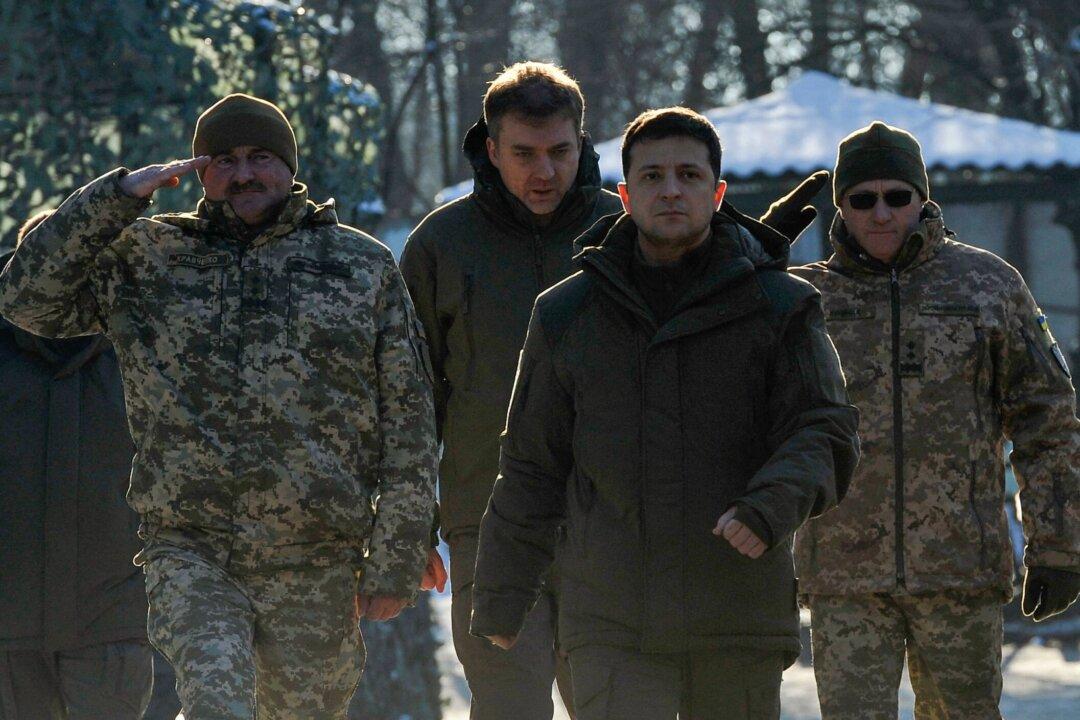WASHINGTON—Two years after Russia’s full-scale invasion of Ukraine, the Biden administration is reconsidering the likelihood that the war will end in a negotiated settlement.
The Ukrainian leadership claims that it seeks the total recovery of its occupied territories in the east. Russia claims that it seeks the total demilitarization of Ukraine and the creation of a neutral state to buffer Russia from NATO.




